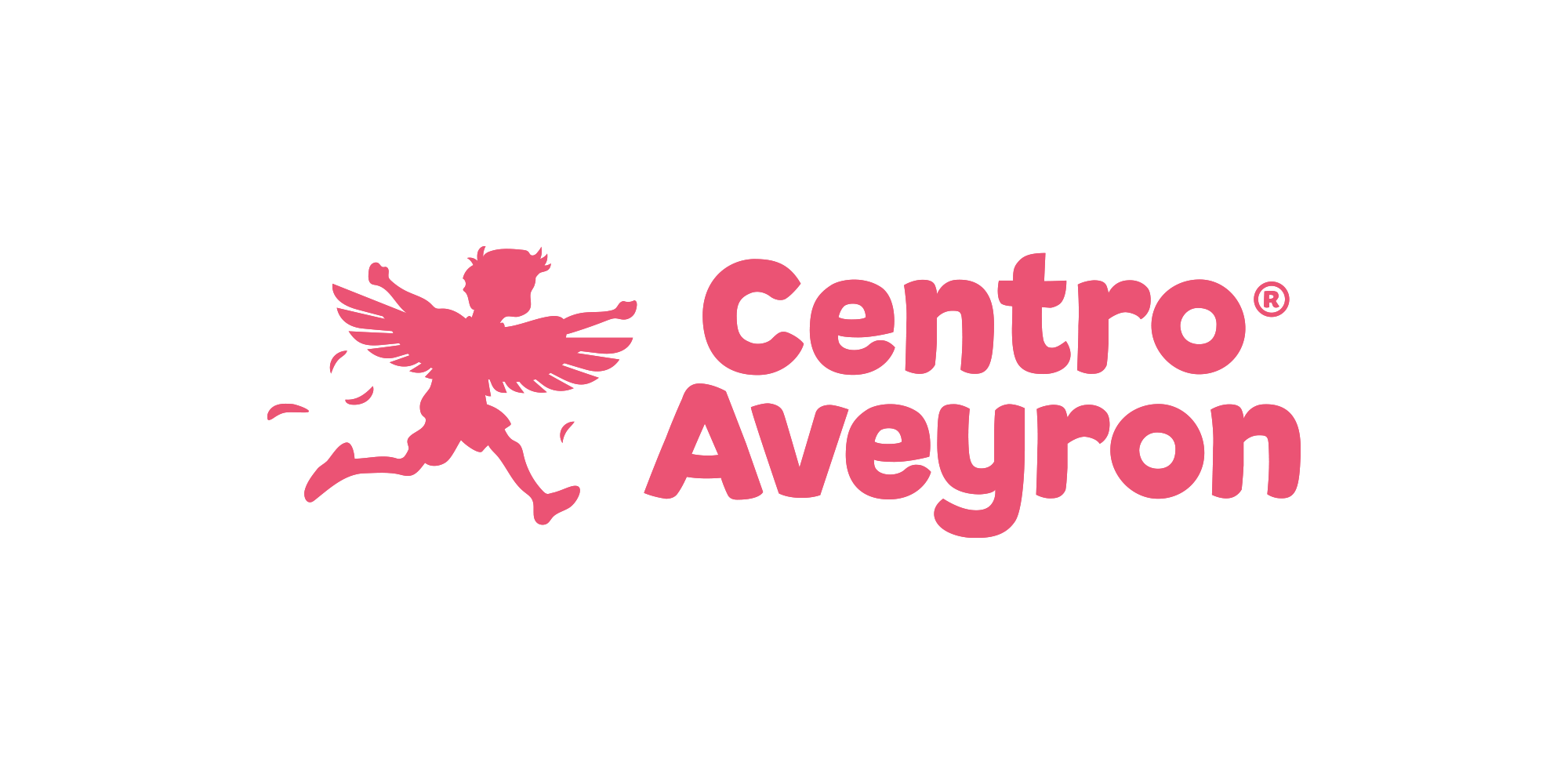Understanding Genotropin Drug Results
Genotropin is a synthetic form of human growth hormone (HGH) used in various medical conditions. The genotropin drug result can vary significantly based on individual circumstances, including age, sex, and the specific health condition being treated.
What is Genotropin?
Genotropin is a brand name for somatropin, which is crucial for growth and development in children and plays an essential role in metabolism and tissue repair in adults. It is commonly prescribed for children with growth disorders and adults with HGH deficiency or related conditions.
Applications of Genotropin
The primary applications of genotropin include:
- Growth hormone deficiency in children
- Short stature due to Turner syndrome
- Chronic kidney disease impacting growth
- Muscle wasting associated with HIV/AIDS
Evaluating Genotropin Drug Results
When assessing the genotropin drug result, healthcare providers typically monitor various factors:
Clinical Efficacy
Studies have shown that patients using genotropin genotropinbodybuilding often experience significant increases in height during childhood and improvements in muscle mass and strength in adults. Clinical trials frequently assess these outcomes over defined periods.
Side Effects and Risks
While many patients benefit from genotropin, some may experience side effects such as:
- Injection site reactions
- Headaches
- Joint pain
- Increased risk of diabetes
Monitoring for adverse effects is crucial when evaluating the overall genotropin drug result. Healthcare professionals need to balance the benefits with potential risks effectively.
Conclusion
The genotropin drug result is a multifaceted evaluation, encompassing growth improvement, muscle enhancement, and side effect management. Patients are encouraged to maintain open communication with their healthcare providers to ensure optimal outcomes while using this medication.

Comentarios recientes